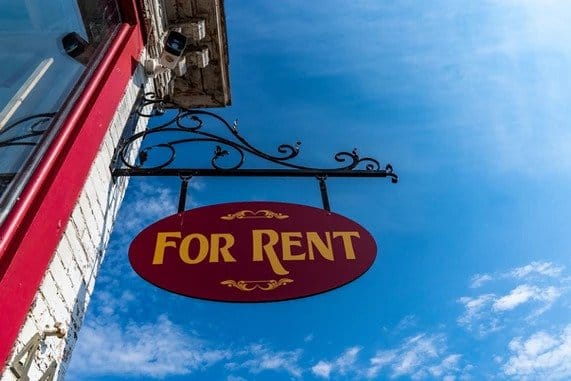- Well run commercial property management companies can be great partners to property owners.
- And they can provide many services to help run the day to day operations of the property.
- But they also face significant legal requirements that can be difficult to navigate without the proper support.
Property management is a difficult business. I have watched and worked with a number of commercial property management companies through the years. And its just a tough way to make a buck. There are a lot of potential pitfalls.
But commercial property managers are really important. They play a pivotal role in overseeing the day-to-day operations of commercial real estate, ensuring compliance with laws and regulations, and maintaining a harmonious tenant experience. Their responsibilities span a wide spectrum, from managing tenant relations and handling maintenance requests to addressing insurance claims and navigating legal disputes. So how do you be successful at those tasks while also avoiding the pitfalls of the business? Lets talk about it.
Legal Responsibilities and Duties of Commercial Property Managers in Texas
Commercial property managers in Texas are bound by a set of legal responsibilities and duties outlined in state laws, property management agreements, and lease contracts. These obligations encompass various aspects of property management, including:
- Tenant Relations: Property managers are usually responsible for screening tenants, executing lease agreements, collecting rent, addressing tenant complaints, and enforcing lease terms. They must ensure fair and lawful treatment of all tenants, adhering to anti-discrimination laws and providing adequate notice for evictions, as we have written about many times in this blog.
- Maintenance and Repairs: Often property managers are tasked with maintaining the property in a safe, habitable, and compliant condition. This includes promptly addressing tenant maintenance requests, conducting regular inspections, and ensuring adherence to building codes and fire safety regulations.
- Insurance Management: Usually property managers oversee insurance coverage for the property, ensuring adequate protection against potential risks such as fire, natural disasters, and liability claims. And good property managers will handle the insurance claims on behalf of the property owner and work with insurance providers and an outside attorney to ensure timely settlements.
- Financial Management: Property managers routinely send monthly financial reports to the owners and are responsible for managing the property’s finances. This can include collecting rent, paying property taxes and insurance premiums, and maintaining accurate financial records.
- Compliance with Laws and Regulations: This is where the biggest potential pitfalls lie. Property managers must ensure compliance with a multitude of laws and regulations at the federal, state, and local levels. This includes adhering to environmental regulations, building codes, zoning ordinances, and fair housing laws.
Common Legal Issues in Commercial Property Management
As shown above, commercial property managers have a lot of responsibility. And they have to do these tasks while trying to avoid the numerous legal pitfalls that could face them. Some of the most common legal challenges include:
- Tenant Disputes: Tenant disputes can arise from areas of the landlord-tenant relationship, such as lease violations, non-payment of rent, property damage, and noise complaints. Property managers must handle these disputes in a fair and impartial manner, following legal procedures and ensuring adherence to lease terms. But cities and states usually have very strict rules to follow when dealing with tenant disputes. Its why working with a lawyer is so important when dealing with landlord tenant disputes.
- Insurance Claims: Commercial property managers play a crucial role in processing and handling insurance claims. They must ensure that claims are filed promptly, supported by adequate documentation, and negotiated effectively with insurance providers. And if there is not a simple, quick resolution with the insurance company, recommend the property owner hire a good lawyer to help them navigate the process.
- Vendor Disputes: Regardless of the type of commercial property that a group manages, there will likely eventually be a dispute with one of the vendors at the property. When this happens, its important for the property manager to know what its rights are, when a lien is permissible, what litigation options there are, etc.
- Fair Housing: This goes hand in hand with the tenant disputes above, but if the property management company manages an apartment complex or house, its essential to know the fair housing requirements. Otherwise, the property could face substantial penalties for violating federal law.
Commercial property managers are extremely important and valuable partners with property owners. But it’s a tough business – with a lot of legal potholes to navigate. Its why working with a knowledgeable law firm is so essential to a well run commercial property management business.



